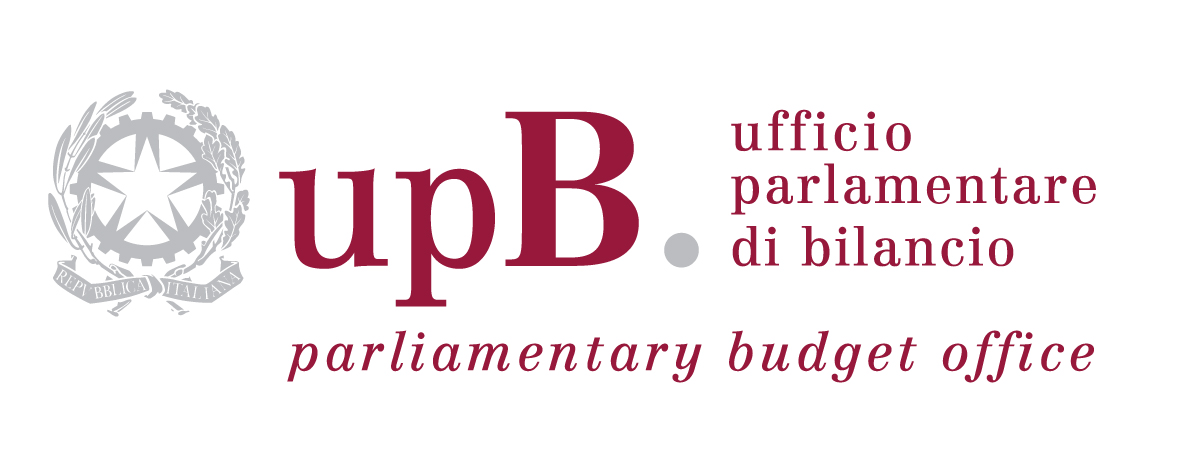The Chairman of the Parliamentary Budget Office, Giuseppe Pisauro, testified today at an informal hearing (in Italian) before the Budget Committee of the Chamber of Deputies, which is examining the draft ministerial decree specifying the indicators of fair and sustainable welfare (FSW) provided for in Law 163/2016.
After reviewing the objectives of the law and the criteria adopted by the Committee established by the legislation to identify the 12 FSW indicators set out in the decree, the PBO Chairman focused on three key issues.
The first regards the necessary coordination among the proposed indicators and those provided for in other measures with an impact on collective welfare, in respect of which Italy has also made commitments at the national and international levels: from the Europe 2020 Strategy for growth and jobs to the UN’s Agenda 2030 for sustainable development, experimentation with gender budgeting and the many objectives set by Italy in the environmental field (2020 climate and energy package, the 2030 climate and energy framework, the Kyoto goals). Similar coordination should also be established for the definition of the objectives of government departments within the framework of the so-called performance assessment cycle.
The second issue regards the problems posed by using welfare indicators in the Government’s economic and budget planning for more than purely informative purposes. Pisauro noted that since the EFD (under the provisions of the law, the document in which the FSW indicators are published) does not offer sufficient information on the composition of the budget package and the individual measures to be adopted, which are presented later in the year, policy forecasting the FSW indicators is an exercise conducted blind. It is also technically challenging to produce reliable forecasts that are consistent with fiscal policies and longer-term policies (the National Reform Programme) using models that can be verified by external observers.
Noting that the 12 indicators that have been proposed were selected from among the 130 contained in Istat’s FSW Report, the PBO Chairman remarked that the Committee’s choices focused on only some of the dimensions of fair and sustainable welfare (health, education and training, work and work-life balance, economic well-being, politics and institutions, security, nature and cultural heritage, the environment), while neglecting others (subjective well-being, social relationships, research and innovation, the quality of services). While this neglect could in some cases be prompted by the difficulty of formulating forecasts (a predominance of indicators based on subjective perceptions), the decision to exclude other sectors is more controversial, such as those regarding research and innovation and the quality of services. Pisauro argues that it would be advisable to consider expanding the range of indicators in order to achieve greater balance between the necessary representativeness of the multiple areas of collective welfare and the heterogeneity (including geographical) of the phenomena to be measured and, on the other hand, the need to focus the policy debate on a relative narrow range of objectives.
